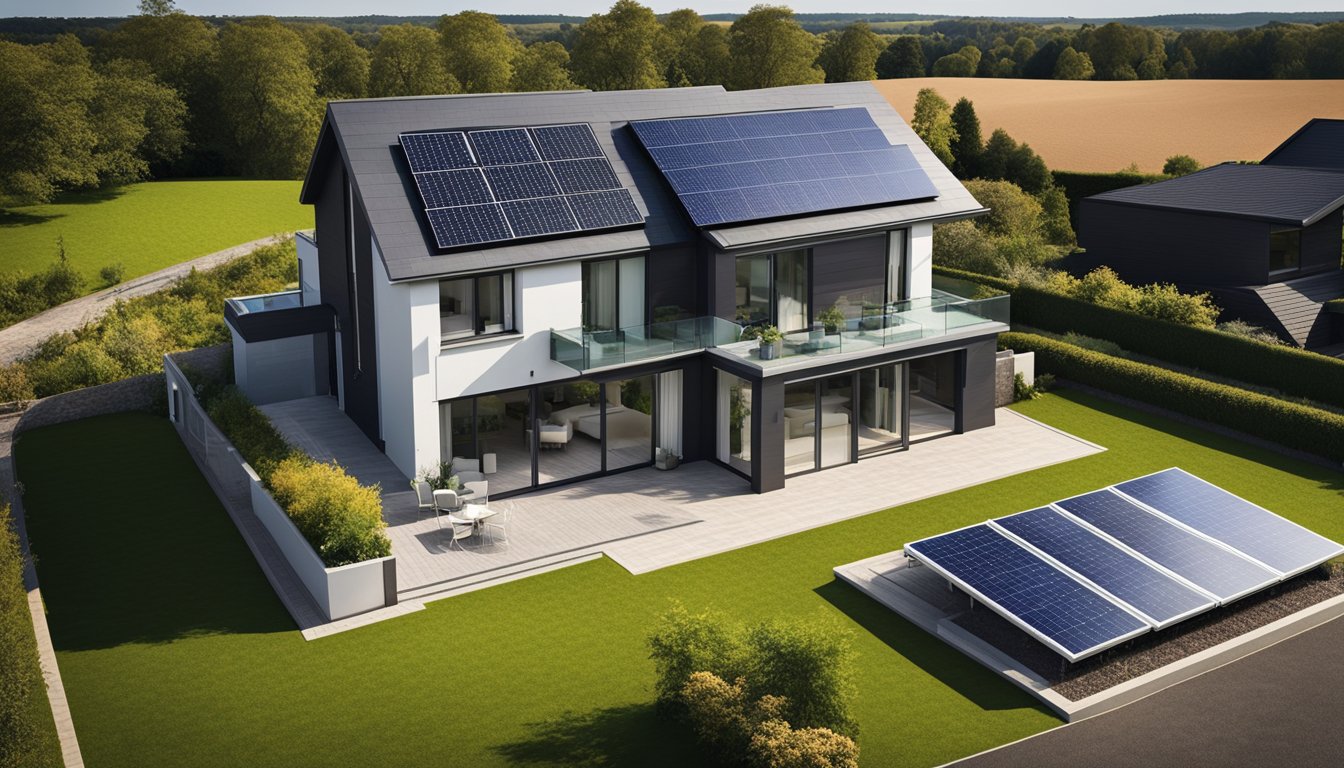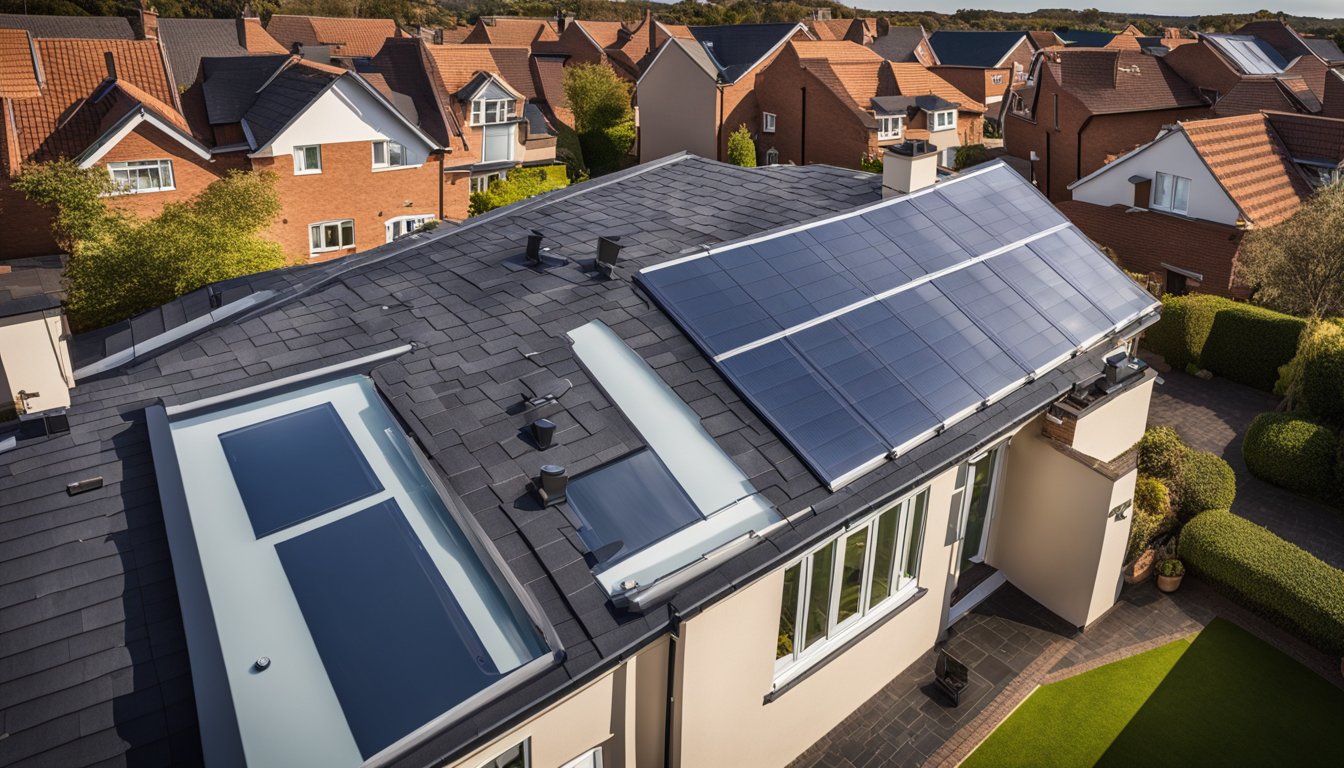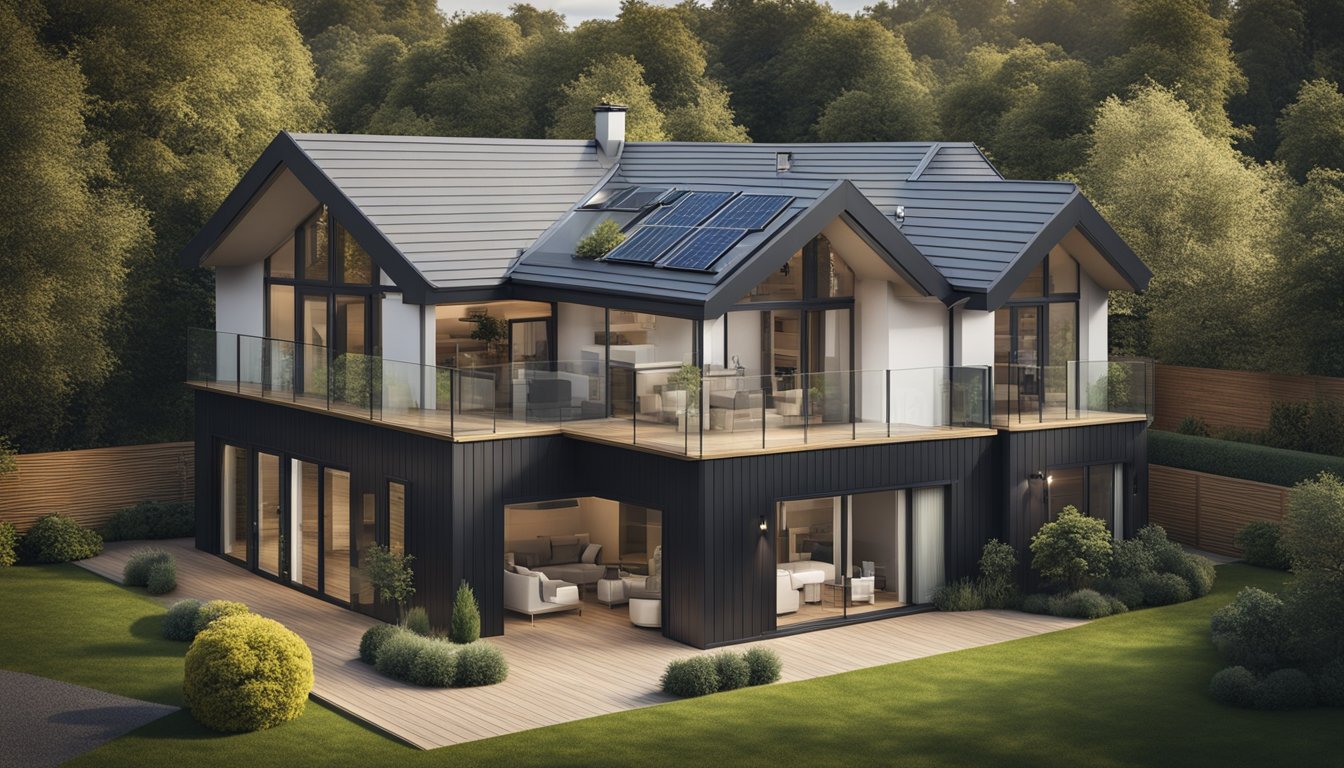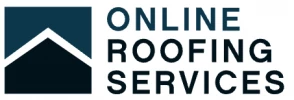Late updated: 22 Dec 2024 08:12
Written by: Oliver Bennett
Exploring Smart Roof Monitoring Systems For UK Homes: Enhancing Safety and Efficiency
In the evolving world of smart home technology, UK homeowners are increasingly interested in smart roof monitoring systems. These solutions not only promise enhanced protection against the elements but also provide significant improvements in energy efficiency and sustainability. The integration of cutting-edge sensors and monitoring tools in roofing systems marks a transformative shift in residential building maintenance.

Smart roofing technology offers homeowners a proactive approach to maintenance, letting them detect potential issues before they escalate into costly repairs. By continuously monitoring the condition of roofs, these systems help in extending the lifespan and performance of roofing materials. This means fewer surprises from unforeseen damages and more savings in the long term, a considerable benefit for any household.
As we explore the potential of smart roof monitoring for UK homes, the benefits become clear: increased safety, improved energy efficiency, and reduced maintenance costs. Whether it's through evaluating weather impacts or optimising energy use, smart roofing solutions embody the future of home management. This guide aims to delve into these technologies and illustrate how they could reshape your approach to home care.
Key Takeaways
- Smart roofing solutions enhance maintenance and energy efficiency.
- Roofing technology helps prolong roof life.
- UK homeowners gain significant savings and protection.
Innovations in Roofing Systems for Energy Efficiency and Sustainability
Our exploration of energy-efficient and sustainable roofing systems focuses on three key areas: solar panel integration, green and cool roofing innovations, and the use of smart sensors for real-time monitoring. Each approach offers unique benefits in enhancing energy efficiency and promoting sustainability in roofing.
Harnessing Solar Energy with Integrated Solar Panels
In the push for energy efficiency, integrated solar panels are groundbreaking. Unlike traditional panels, these are seamlessly incorporated into roofing materials, enhancing aesthetics and functionality. By replacing conventional roofing materials with solar cells, homes can generate electricity efficiently.
Integrated solar roofing systems often feature technologies that maximize solar gain. Innovations include systems that track the sun's path for optimal exposure. This not only enhances energy production but also contributes to reducing carbon footprints significantly.
Advancements in Green and Cool Roofing
Green roofs provide excellent insulation and promote sustainability by incorporating living plant systems. These systems improve air quality and reduce urban heat islands. Meanwhile, cool roofing utilises reflective materials to minimise heat absorption, thus increasing comfort in warmer climates.
Developments in this area include materials with advanced insulation and coatings, enhancing their performance. Green roofing systems often utilise drought-resistant plants, making them suitable for various environments. Reflective coatings on cool roofs help mitigate rising energy costs by reducing the need for extensive cooling.
Smart Sensors and Real-Time Monitoring for Enhanced Energy Savings
Smart sensors are becoming indispensable in modern roofing systems. By providing real-time data on conditions such as moisture levels and structural integrity, these sensors allow for proactive maintenance, optimising energy use and improving sustainability.
These systems can track changes in energy consumption patterns, detecting inefficiencies early. This capability is crucial for energy savings, as it enables us to adjust our energy use in response to live data. As homeowners become more conscious of their environmental impact, the integration of smart roofing sensors represents a significant stride in the drive towards sustainable living.
Maintaining Roof Performance and Longevity with Smart Technologies

We can significantly enhance the lifespan and efficiency of roofs by incorporating advanced smart technologies. These innovations focus on proactive monitoring, deploying sensors, and customising solutions for various roofing materials and styles.
Proactive and Predictive Maintenance Strategies
Proactive and predictive maintenance methods enable us to address potential roofing issues before they escalate. By using smart roof monitoring systems, we can observe changes in moisture levels, identify thermal anomalies, and detect possible structural weaknesses early on. This real-time monitoring allows us to apply preventative measures, reducing the likelihood of severe damage and costly repairs.
Predictive maintenance, supported by machine learning and predictive analytics, anticipates future maintenance needs. This approach maximises efficiency by scheduling inspections or repairs only when necessary, thus extending the roof's longevity and durability.
Deploying Roof Sensors for Structural Integrity
Deploying smart sensors is pivotal for maintaining the structural integrity of roofs. These sensors collect and analyse data on factors like moisture levels, temperature, and stress distribution across different roofing materials.
For example, integrating these sensors with smart home technology, we can ensure real-time monitoring that sends alerts when irregularities are detected. The data collected by these sensors fosters informed decision-making, allowing us to address issues like leaks or deteriorating structures promptly. This level of surveillance is invaluable, especially for complex roofing systems, such as living roofs or metal roofing.
Custom Solutions: Adapting to Varied Roofing Materials and Styles
Smart technology is not one-size-fits-all. Customisation is key, especially given the diversity of roofing materials in the UK, such as asphalt shingles, metal, or living roofs. Our approach involves adapting smart solutions to meet the specific needs of each material and style.
For instance, asphalt shingles may need sensors sensitive to moisture, while metal roofing requires temperature-specific monitoring. The flexibility offered by smart technologies allows us to tailor maintenance routines that align with each roof's unique characteristics, ensuring optimal performance and longevity. By providing tailored solutions, we effectively enhance thermal performance and reduce long-term maintenance costs.
Frequently Asked Questions

We explore various aspects of smart roof monitoring systems, from costs to efficiency benefits. Discover how innovative methods can enhance energy conservation and climate control.
How much does it typically cost to install a smart roof monitoring system in a UK home?
The installation costs for smart roof monitoring systems vary significantly. Factors such as the size of the roof, system complexity, and specific features can influence the price. On average, homeowners might expect to invest a few thousand pounds, balancing initial expenses with potential long-term savings from proactive maintenance.
What are the benefits of modular roofing systems compared to traditional roofing?
Modular roofing systems offer several advantages. They are typically easier and faster to install than traditional roofs, potentially reducing labour costs. Moreover, being designed off-site ensures consistent quality and reduced on-site construction waste.
Can panelised roofing improve energy efficiency in homes?
Yes, panelised roofing can enhance a home's energy efficiency. With better insulation properties and precise installation, panelised systems often reduce energy loss. This can lead to lower energy bills and a more comfortable living environment, aligning with increasing sustainability demands.
How does smart roof ventilation contribute to a home's overall climate control?
Smart roof ventilation systems play an essential role in climate control. By intelligently managing airflow, these systems help maintain optimal indoor temperatures. This not only increases comfort but also reduces the strain on other heating or cooling systems, leading to energy savings.
What are the considerations when installing prefabricated roofs in the UK climate?
When installing prefabricated roofs, weather resistance is crucial. The UK's variable climate requires materials that can withstand rain, wind, and occasional snow. Ensuring proper sealing and insulation is vital to prevent moisture ingress and thermal inefficiency, enhancing the roof’s durability and performance.
Are there specific advantages of using roof windows in Northern Ireland's weather conditions?
Roof windows can significantly improve natural light penetration, a clear advantage in Northern Ireland's often overcast climate. This natural illumination can enhance interior brightness and energy efficiency by reducing dependence on artificial lighting. Additionally, they improve ventilation and can help regulate indoor temperatures.
